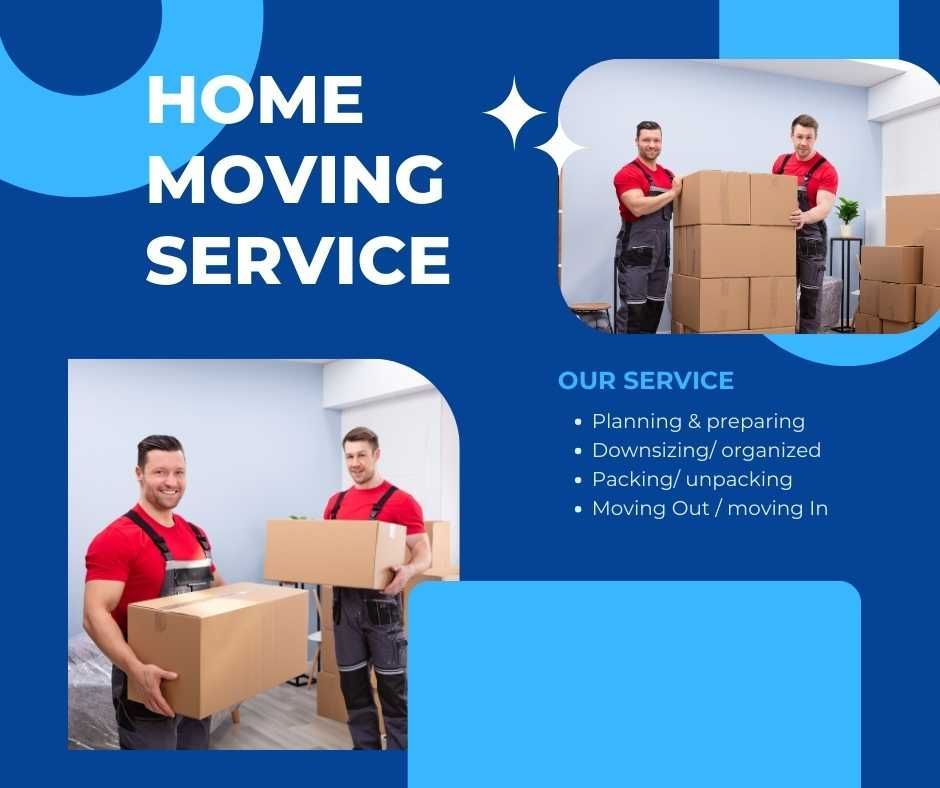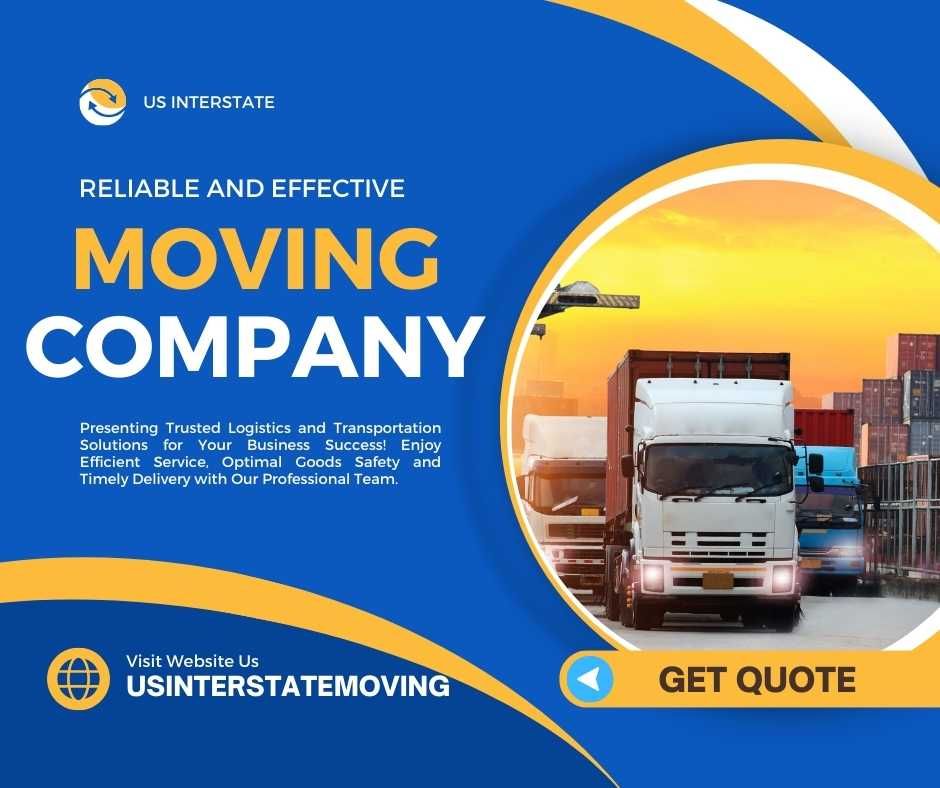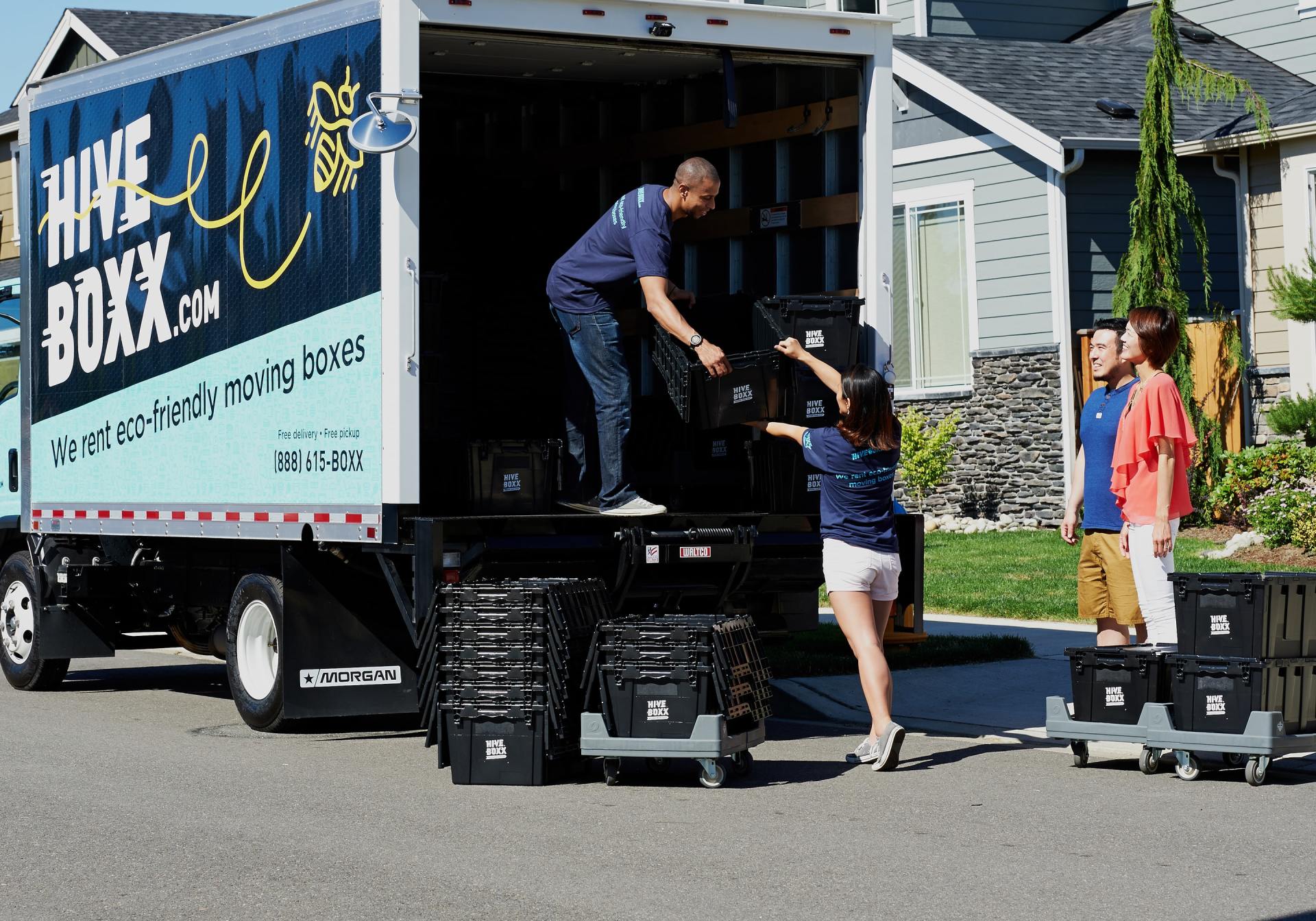5 Essential Tips to Save BIG on Your Next Long Distance Move
5 Essential Tips to Save BIG on Your Next Long Distance Move
The body content of your post goes here. To edit this text, click on it and delete this default text and start typing your own or paste your own from a different source.
Understanding Your Moving Budget
You've got to understand the significance of planning your moving budget meticulously to avoid any financial stress. A well-thought-out budget breakdown is crucial. It's not just about the obvious costs like truck rentals or professional movers. You also need to account for unexpected costs, such as additional packing materials, temporary housing, or emergency repairs. These can quickly add up and throw your budget off balance if you're not prepared.
Planning Your Move in Off-Peak Times
It's crucial to know that planning your move during off-peak times can save you up to 30% on moving costs. This is due to pricing fluctuations in the moving industry, which are affected by demand and supply.
During peak moving times, usually summer, prices spike because of an increase in demand. However, in off-peak seasons, such as fall and winter, the demand decreases, leading to lower prices.
You'll find that seasonal advantages also play a significant role. Moving companies often offer discounts and promotions during off-peak times to attract customers. So, by conducting a well-timed move, you're not only avoiding the busy season but also tapping into significant cost savings. Don't overlook this opportunity to make your long-distance move more affordable.
The Art of Efficient Packing
You're now ready to tackle the art of efficient packing, and it's going to make your move even smoother. Space saving techniques are key to this process. Start by decluttering, reducing the number of items you need to pack and transport. Next, use vacuum bags for clothing, they're a real game-changer in terms of saving space. Opt for nesting packing, where smaller items are packed in larger ones.
Moreover, consider using sustainable packing materials. Cardboard boxes can be recycled, but there's also biodegradable packing peanuts and recycled bubble wrap. It's not just about saving space, but also about reducing your environmental impact. With these tips, you'll be on your way to a more efficient and green move.
Choosing the Right Moving Company
After mastering the art of efficient packing, we'll shift gears to discuss how to choose the right moving company, ensuring you aren't left in the lurch on moving day. First, it's crucial to check the company credentials. You're entrusting your precious belongings to them, after all. Verify their legitimacy, licenses, and insurance.
Next, consider their service scope. Do they offer long-distance moves? Can they handle delicate or oversized items? Understanding their capabilities will save you from last-minute headaches. Additionally, don't shy away from asking for references or reading reviews. Past customers' experiences can provide valuable insights. Remember, you're not just looking for the cheapest option, but a trustworthy partner for your move.
The Role of Insurance in Long Distance Moves
While picking a moving company, you must also consider the role of insurance in long distance moves, as it protects your belongings during transit and offers peace of mind. Insurance coverage options vary between companies, so you'll need to investigate each one's policy in detail. Some offer Full-Value Protection, covering your items' current market value, while others provide Released Value Protection, offering minimal coverage per pound.
You should also comprehend the claim procedures. If something's damaged, you'll need to know how to file a claim, the required documentation, and the timeframe for submission. Remember, insurance isn't just an extra cost, it's an investment for your peace of mind. So, don't overlook it in your moving plan.











